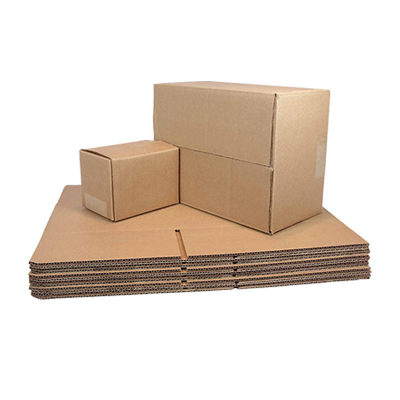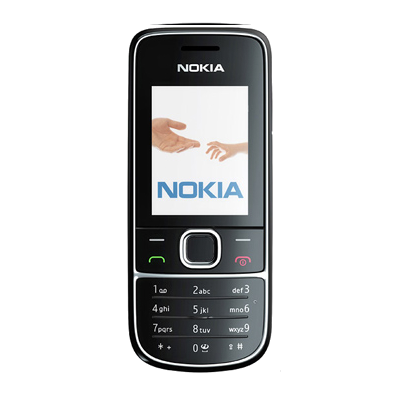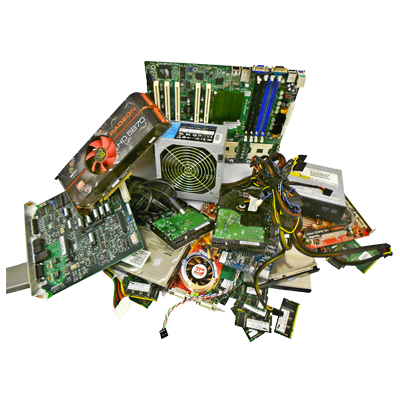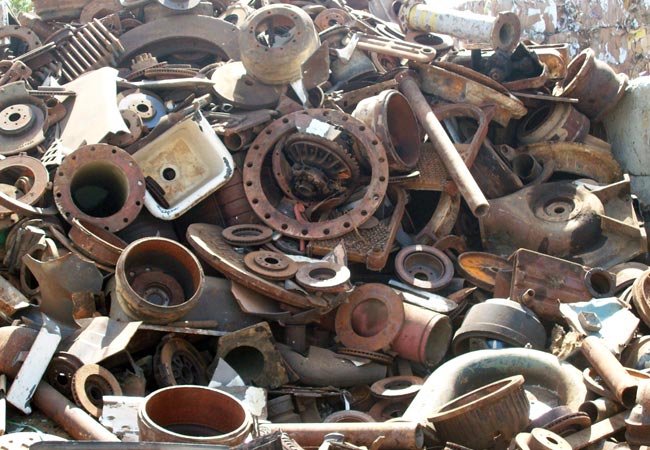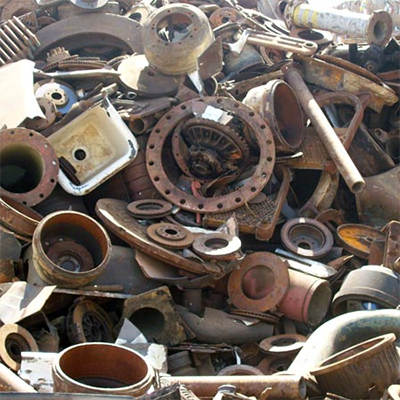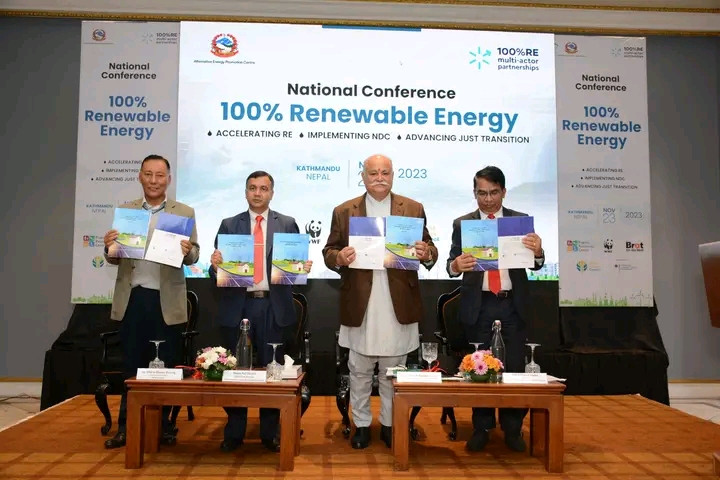
2023-11-30
Decoding Lead Battery Usage and Waste Trends in Nepal's Solar Sector
Nepal is seeing a bloom in solar power, which is great news as it increases the access of electricity even in the rural areas. But with increase in the installation of solar panels,it also generates the mounting volumes of battery waste used in this systems. Doko Recyclers in collaboration with WWF Nepal, REMap 100% and Prakriti Resource Center (PRC) conducted a comprehensive study on lead acid battery waste, its recycling and overall management practices linked to the proliferation of solar power installations across Nepal.
The study was a part of the “Multi Actor Partnerships (MAPs) for Implementing NDCs with 100% Renewable Energy (RE) for All in the Global South” project that promotes knowledge generation and supports policy advocacy with the vision of achieving 100% RE by 2050. The interview with key informant person on battery manufacturing companies, suppliers and retailers, recycling facilities and informal recyclers gave insight on the current battery import, installation, waste generation and management practices in the country.
The study analyzed import trends which revealed that the lead acid battery import is surging in alignment with Nepal's evolving solar power landscape. The initial uptake of solar installation was found to be centered on residential rooftop solar paired with lower capacity batteries. But with the new government solar initiatives it has driven a strategic move towards higher capacity batteries for large-scale commercial projects.
The lead acid battery was found to have 1% defect rate per year with 3-5 year of lifespan. It is projected to generate on average 280654 pcs battery waste per year. Therefore, proper disposal and recycling are critical given it’s profound health risks if not managed properly. But right now Nepal doesn’t have proper lead acid battery recycling and management system in place, which is a major concern. The dominance of informal recycling sector in its collection, unsafe battery breaking and disposal as well as illegal waste export to India is widespread.
The report concluded the absence of organized recycling channel, infrastructure and awareness among consumers on its safe disposal a major challenge. This recommends for urgent coordinated efforts between policymakers and solar industry stakeholders. They need to work together for establishing ethical, formal battery collection networks leveraging environmentally friendly recycling technologies. Otherwise this amazing alternative approach to access rural areas with electricity will come with a toxic trait that could eventually hamper the environment.
Therefore, not only racing to hit solar power targets and drowning country in the wastes generated by batteries Nepal needs to work to meet it sustainably.






